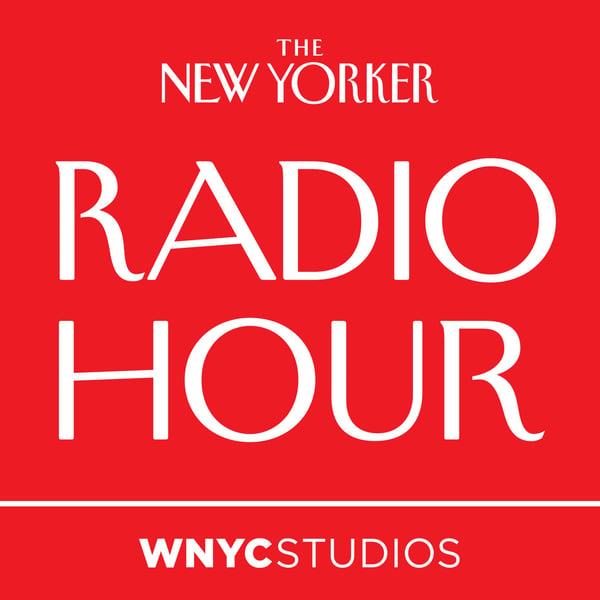The New York Times’ Publisher on the Future of Journalism, and the Poet Paul Tran
The New Yorker Radio Hour
WNYC Studios and The New Yorker
4.2 • 5.5K Ratings
🗓️ 9 June 2023
⏱️ 50 minutes
🧾️ Download transcript
Summary
Over the past several years, as more democratic institutions and norms have come under attack, many journalists have raised the question of whether it is ethical to adhere to journalism’s traditional principles of non-bias, objectivity, and political neutrality. In May, A. G. Sulzberger, the publisher of the New York Times, staked out his position in the traditionalist camp in an essay for the Columbia Journalism Review. “The traditionalists in the ranks have long believed that their long-standing view speaks for itself. I became increasingly convinced that the argument doesn’t make itself,” he tells David Remnick. Sulzberger shies away from the term objectivity, instead describing the “posture of independence” as one that prizes “an open mind, a skeptical mind,” and a clear-eyed pursuit of truth––even if it leads to uncomfortable conclusions. Sulzberger, whose family has owned the paper since 1896, says he wants to push back on a culture of “certitude” in journalism. “In this hyper-politicized, hyper-polarized moment, is society benefiting from every single player getting deeper and deeper, and louder and louder, about declaring their personal allegiances and loyalties and preferences?” he asks.
Plus, this week’s issue of The New Yorker features a new poem by Paul Tran, a young writer whose début collection was named one of the best books of 2022. The poem, “The Three Graces,” takes its name from a rock formation near Colorado Springs. “I was curious: what would these three rocks have to say about the nature of love,” Tran tells the producer Jeffrey Masters. Tran’s poetry explores their personal history—their family immigrated to the United States from Vietnam—as well as their trans identity.
Transcript
Click on a timestamp to play from that location
| 0:00.0 | This is the New Yorker Radio Hour, a co-production of WNWC Studios and the New Yorker. |
| 0:12.0 | Welcome to the New Yorker Radio Hour, I'm David Remnick. |
| 0:17.0 | Five odd years ago, I sat down in this studio with the man who had taken on the most powerful |
| 0:22.0 | position in the most important news gathering organization in the country, possibly the |
| 0:27.0 | world. |
| 0:28.0 | A.G. Sullsberger, not yet 40 at that time, had been named the publisher of The New York |
| 0:34.0 | Times. |
| 0:35.0 | He is the sixth of the ox Sullsberger family to run the paper. |
| 0:39.0 | And under him, the Times has rebounded from a period of constant cuts and potential sale |
| 0:45.0 | to a position of financial stability. |
| 0:48.0 | It remains though an extremely tense time in the news business. |
| 0:52.0 | Trump's rhetoric about fake news and enemies of the people has had real and lasting traction |
| 0:58.4 | on much of the country. |
| 1:01.3 | People like Barry Weiss who resigned from the Times a few years ago characterized the |
| 1:05.5 | place as being in the thrall of the dread forces of wokeism. |
| 1:11.0 | At the same time, left-leaning critics argue that the Times has been too cautious, too |
| 1:16.4 | reluctant to call things as they are in an era of authoritarian demagogues. |
| 1:23.5 | It's been really striking to me that the people making the strongest arguments, right? |
| 1:28.0 | The people who are putting the intellectual muscle behind this conversation about what is |
| 1:33.4 | the role of journalists? |
| 1:35.2 | Should the role of journalists be to push for a certain cause or party or group or ideology |
| 1:41.4 | or even a specific outcome on a specific issue? |
... |
Please login to see the full transcript.
Disclaimer: The podcast and artwork embedded on this page are from WNYC Studios and The New Yorker, and are the property of its owner and not affiliated with or endorsed by Tapesearch.
Generated transcripts are the property of WNYC Studios and The New Yorker and are distributed freely under the Fair Use doctrine. Transcripts generated by Tapesearch are not guaranteed to be accurate.
Copyright © Tapesearch 2025.

